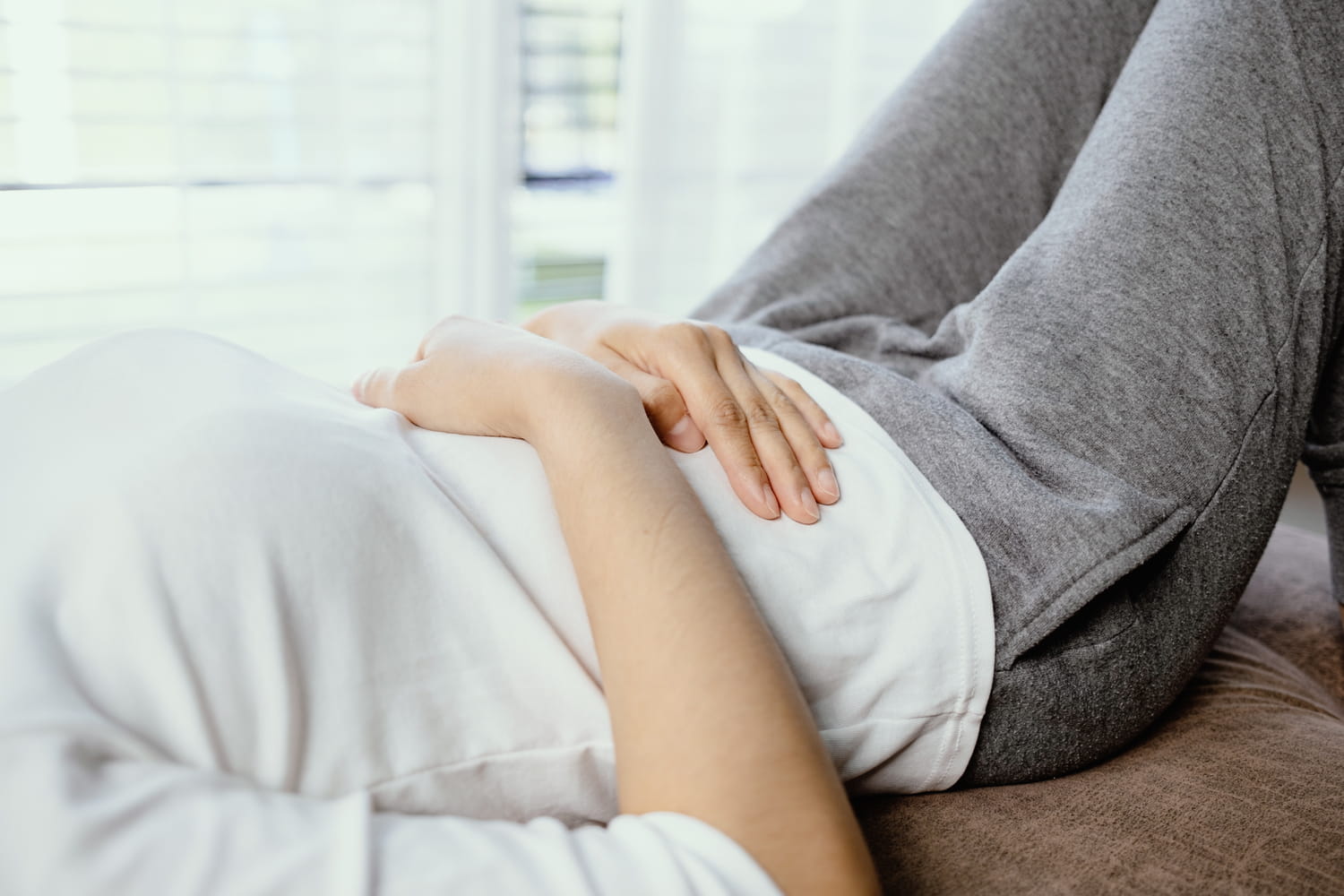Up to 4 million people can consult for gastro each winter in France.
Gastro is a typical winter disease (even if it can also occur in summer). After an incubation period from 24 to 72 hours, the first symptoms arrive. Gastro is very contagious.
Map: How many gastro cases right now?
Over the week 35 (25-31 August), the rate of incidence of cases of acute diarrhea seen in general medicine consultation was estimated at 62 cases per 100,000 inhabitants according to the Sentinel network. This rate is slightly increased compared to the previous week and is at a level of activity similar to those usually observed during this period.
Definition: What is gastroenteritis?
Gastroenteritis results from the inflammation of the digestive system (walls of the stomach and intestine) caused by:
- A virus (more frequent): most often norovirus in adults and rotavirus in children.
- A bacteria: the most frequent bacteria are Campylobacter, Salmonella, Shigella and Yersinia. It can also be the Encherichia coli entero-toxinogenic or the difficult clostridium,
- A parasite (like the giardia intestinalis.)
Food in case of gastro
Gastroenteritis directly reaching the digestive system, transit is particularly disturbed and digestion more than difficult. Also it is important to choose your food well when you suffer from diarrhea, nausea, vomiting and more broadly stomach aches. For example, we favor rice, pasta, bananas … and we avoid everything that will attack the digestive system: raw fruits, raw vegetables, orange juice, soft drink …
What is the virus incubation time?
This disease generally manifests 1 to 3 days after being in contact with the virus. The incubation time varies depending on the type of bacteria or the virus.
What are the symptoms of gastroenteritis?
- Abdominal cramps
- belly ailments
- loss of appetite,
- nausea,
- vomiting,
- A slight fever (38 ° C),
- diarrhea (at least 3 liquid or semi-liquid stools every 24 hours)
- A fatigue
- Sometimes a headache
- muscle pain
Symptoms appear suddenly, 12 to 24 hours after the virus infection and are not necessarily present together. As long as the symptoms are present, the person is contagious.
What to do against diarrhea?
Diarrhea is a transit disorder which is characterized by soft, even liquid stools, in abnormally high quantities or with an increased frequency, of the order of several times a day. Against diarrhea, we can:
► Eat pasta, rice, semolina, potatoes, savory broths.
► Avoid dairy products and raw vegetables and fruits.
► Hydrate well by drinking water or herbal teas to avoid dehydration linked to diarrhea
► Take a standard treatment Intestinal dressings (SMECTA) and retarders of the transit associated with antipyretics in the event of fever (Dolipane), antispasmodic (spasfon), antiemetics in the event of nausea and/or vomiting.
► Take oral rehydration solutions in children and the elderly to compensate for sodium leaks.
Gastroenteritis lasts 3 to 8 days, sometimes up to 10 days when it is of bacterial or parasitic origin.
Its symptoms being characteristic of gastro, this pathology is diagnosed quite easily, especially during a period of epidemic. No examination is necessary before a typical presentation. In the event of persistence beyond a week or in front of poorly supported symptoms, it is quite possible to carry out a blood test and a stool examination (coproculture) which will make it possible to search for a possible bacterial infection. Rotavirus identification is done in the stools of patients by immunology (ELISA tests) or by RT-PCR.
What treatments to treat gastroenteritis?
To treat gastroenteritis, nothing better than resting. Against the headaches, paracetamol type analgesics must be taken. The intake of Spasfon® can relieve stomach aches. Against diarrhea:
► Nifuroxazide (Ercefuryl® and its generics) is an intestinal anti-infectious indicated in the treatment of acute diarrhea. It has been contraindicated among those under 18 since 2019 and only by prescription afterwards.
► Clay -based drugs, such as SMECTA® (Diosmeticte) available on prescription or self -medication can be used to treat acute diarrhea. They have been contraindicated in children under 2 years of age since 2019, due to the possible presence of tiny quantity of lead, even if the treatment is short-lived.
► In those under 2 years of age, the reference treatment for diarrhea is the administration of oral rehydration solute (SRO). SROs are sachets of powder to be poured into a water bottle, available in pharmacies without prescription.
► Ultra-yeast® can be taken in children and adults.
When to worry about a gastro in the baby?
Gastroenteritis must be closely monitored when it affects children, especially infants. Rotaviruses are responsible for about half of the severe infant diarrhea requiring hospitalization. Rotavirus vaccination is recommended in France for all infants. It requires 2 or 3 doses depending on the vaccine and must be started at 2 months and be completed at 6 or 8 months at the latest.
The gastro virus is very contagious. It can be transmitted by contact with a sick person, but also by postillons or by touching a contaminated object if it is a viral gastroenteritis. To avoid catching gastroenteritis;
- Wash your hands frequently (water and soap, or hydro-alcoholic product)
- Clean the surfaces affected by a sick person carefully and regularly. Some viruses (rotavirus and norovirus) are very resistant in the environment.
- Avoid very frequented places, such as transport or department stores, during epidemic periods.
- Wear a surgical virus protective mask.
- A ventilate each room in their place of life every day for at least 10 to 15 minutes to renew the air and avoid the diffusion of microbes.


